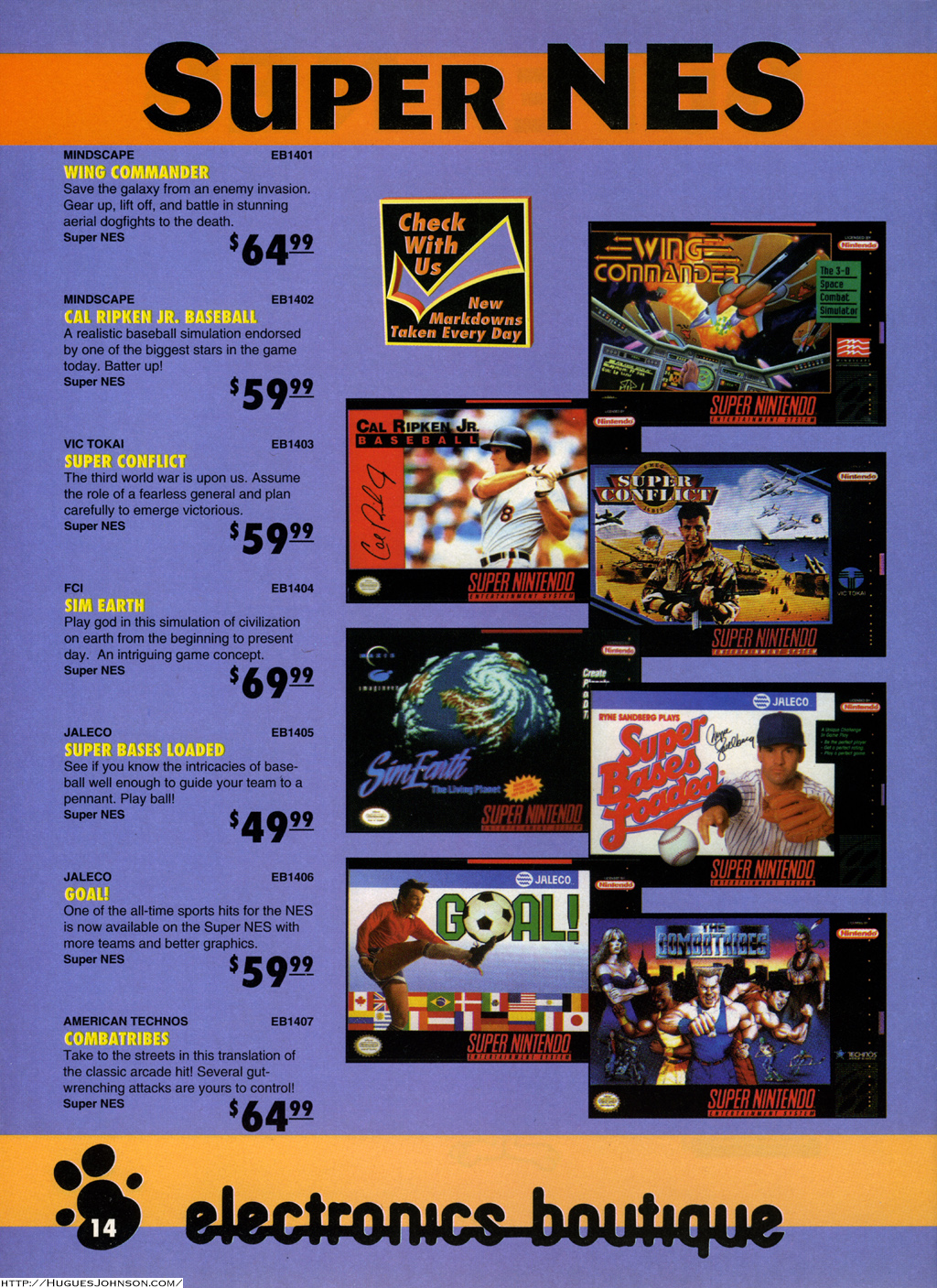Now, not that I'm complaining about saving some money, but I can't help but see this pricing discrepancy as rather unfair towards the developer. If a game is legitimately compromised in some way due to techincal or input limitations, then sure, maybe it should be the cheaper version. But I've been playing the ever-loving shit out of Crashlands this last week, which is perfect for iPad, and I've gotten more from that $5 than a lot of games that cost $20. Well, color me surprised when I saw that the game was $15 on Steam. "That's about right," was my first thought. But it made me feel bad that people probaby thought $5 was too expensive for a mobile game and passed on it hoping for a sale.
I feel like we need to move past this price-entitlement on mobile and stop holding the platform to a double-standard in pricing. Just because it doesn't have buttons? Certainly people are used to paying $10-40 for games on 3DS and Vita, but you can easily point to games that are "full console experiences" on iPad. A lot of games that are built for a touch-only interface control beautifully, and the latest mobile devices are technically superior to the handheld consoles in every way. The current mentality is why everything is going F2P and microtransactions - people won't shill out $3 for a game. Then the other half of that is a lot of people think "mobile games are nothing but freemium trash." Well it's not true, but if it seems that way there is a good reason.
The mentality seems to be extending to consoles now. $40 is too much for The Witness? I won't pay more than $15 for an indie game? Wait for Plus? We need to start supporting our developers or the future is episodic, microtransaction hell.
EDIT: A clarification - this topic is regarding why should, not why they must. We know why prices are the way they are, but let's examine the mentality that gets us there. I feel that it isn't going away, only becoming worse as it starts to creep beyond mobile and into other platforms. Why should a game cost what it does and what should keep it from costing more than a certain pricepoint? Look at Digimon Cybersleuth - $40 on Vita, $60 on PS4. Same game, $20 tax for 1080p60. Should the Vita version cost more or the PS4 version cost less? Or are the prices right for both?
Also, by "We" I mean the public at large, although there are certainly a lot of gaffers that fit the bill based on some threads I've read. Don't take it personally, I'm not singling anyone out.
I feel like we need to move past this price-entitlement on mobile and stop holding the platform to a double-standard in pricing. Just because it doesn't have buttons? Certainly people are used to paying $10-40 for games on 3DS and Vita, but you can easily point to games that are "full console experiences" on iPad. A lot of games that are built for a touch-only interface control beautifully, and the latest mobile devices are technically superior to the handheld consoles in every way. The current mentality is why everything is going F2P and microtransactions - people won't shill out $3 for a game. Then the other half of that is a lot of people think "mobile games are nothing but freemium trash." Well it's not true, but if it seems that way there is a good reason.
The mentality seems to be extending to consoles now. $40 is too much for The Witness? I won't pay more than $15 for an indie game? Wait for Plus? We need to start supporting our developers or the future is episodic, microtransaction hell.
EDIT: A clarification - this topic is regarding why should, not why they must. We know why prices are the way they are, but let's examine the mentality that gets us there. I feel that it isn't going away, only becoming worse as it starts to creep beyond mobile and into other platforms. Why should a game cost what it does and what should keep it from costing more than a certain pricepoint? Look at Digimon Cybersleuth - $40 on Vita, $60 on PS4. Same game, $20 tax for 1080p60. Should the Vita version cost more or the PS4 version cost less? Or are the prices right for both?
Also, by "We" I mean the public at large, although there are certainly a lot of gaffers that fit the bill based on some threads I've read. Don't take it personally, I'm not singling anyone out.




